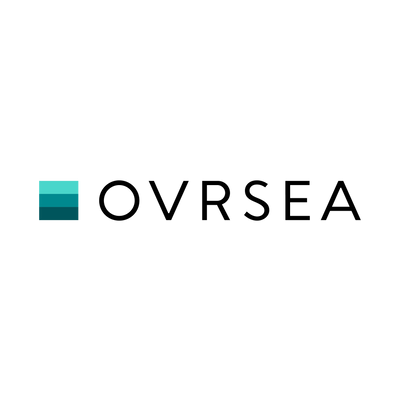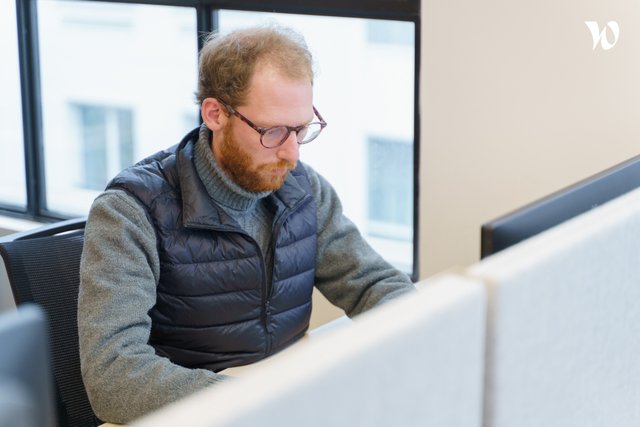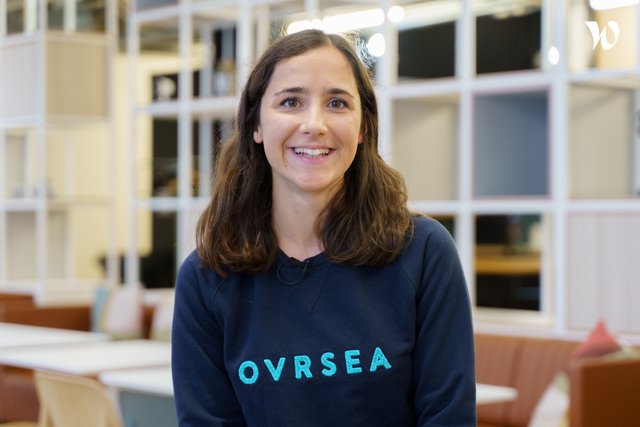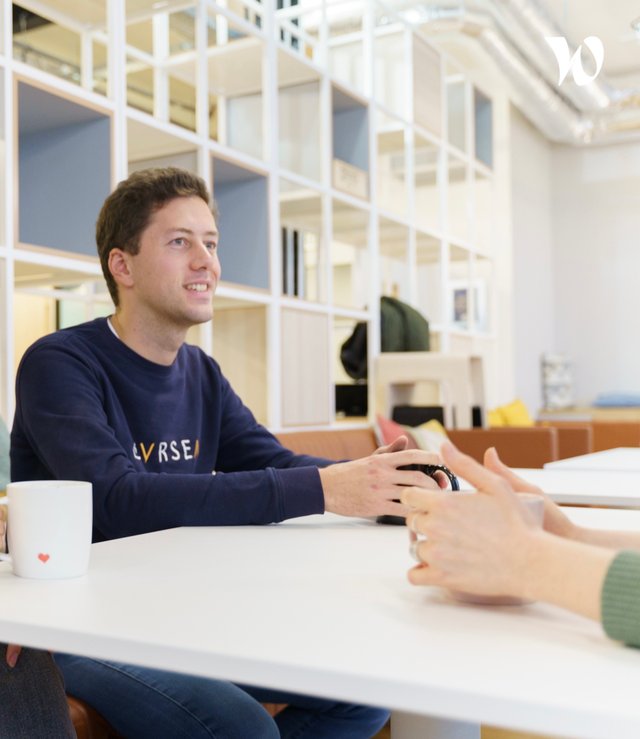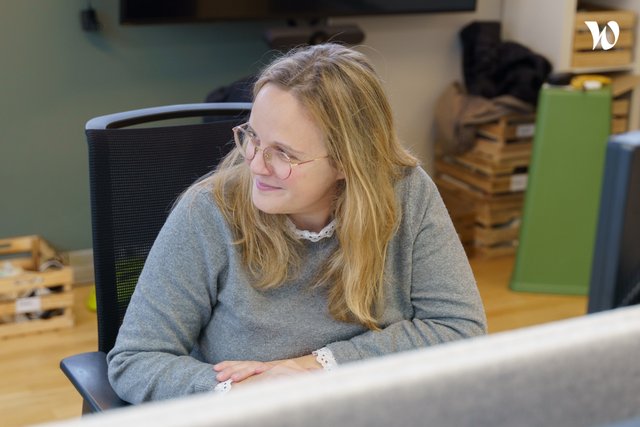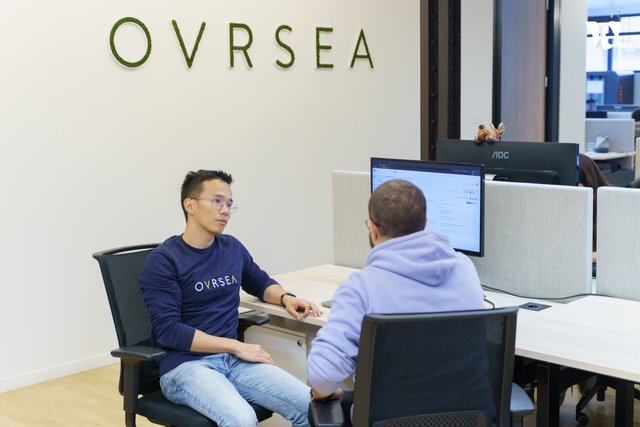The role of the tech team is to develop, maintain, improve and optimize our two products : Atlas and Hermes.
Hermes, to allow customers to order and track their shipments, and Atlas, to let Ovrsea organise them. Most work is focused on Atlas : it is a revolutionary Transport Management System, which allows us to organise all types of shipments worldwide. Since it is an internal product, it allows us to iterate much faster (10 to 20 deployments per day), to test many things and to directly see our work impact.
Our Tech Team has several missions :
- Develop new features in collaboration with the Product Managers. These features, mainly developed for Atlas, allow a better organization of the global transport of goods
- Maintain the platforms in optimal operation: response time, number of bugs, reliability are essential criteria for a platform that is used eight hours a day by Ovrsea's operational staff
- Ensure a reasonable level of technical debt: Ovrsea is a long term project, Atlas has to evolve for years, the tech is responsible to make sure that the development takes a long time (no "quick and dirty"!). It is essential to spend time to improve the platform technically to keep a strong agility in the evolutions.
The team is composed of 4 squads of 2 to 4 Software Engineers + 1 Product Manager. Each squad is focused on a business topic : automatic pricing, sales activation, stock vision...


